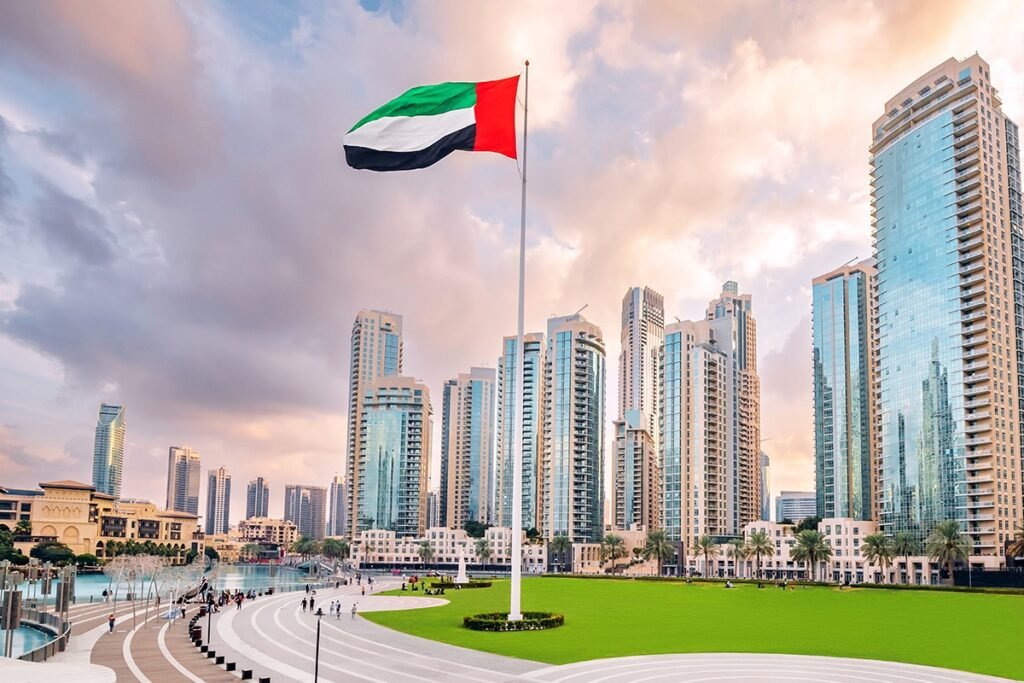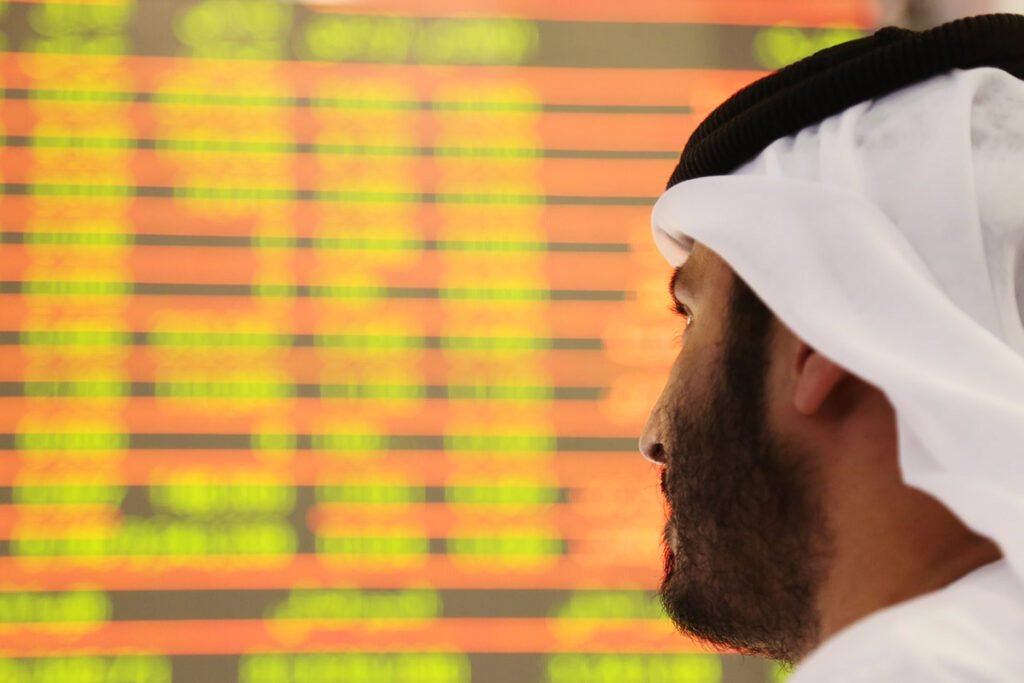UAE economic resilience is turning heads in 2025. While much of the world—especially the U.S. and Europe—faces the growing threat of a slowdown, the UAE is showing strong growth. Thanks to smart government policies, economic diversification, and strategic global partnerships, the country is bucking the global trend.
Global Recession Fears Are Growing
In both the United States and Europe, economic warnings are flashing red. High interest rates, inflation pressures, and slow manufacturing growth are creating real concerns. Many experts believe that a mild recession could hit both regions by the end of 2025.
Businesses and consumers in these parts of the world are pulling back on spending. This uncertainty is affecting investment decisions, employment, and overall confidence.

UAE Economic Resilience: A Bright Spot
The story is completely different in the UAE. In fact, the country’s economy is growing at a healthy pace. Here are some key points:
- Growth Forecasts: The UAE economy is expected to grow by around 4.5% in 2025.
- Non-Oil Economy: Sectors like tourism, transport, construction, and finance are driving most of this growth.
- Stock Market Recovery: Dubai and Abu Dhabi stock markets have bounced back faster than others around the world.
What makes this even more impressive is that this growth is happening despite global challenges.

Key Drivers of UAE Economic Resilience
1. A Diversified Non-Oil Economy
The UAE has worked hard over the past decade to reduce its reliance on oil. Today, non-oil sectors make up about 75% of the country’s economy.
Government initiatives are focusing on trade, finance, tourism, and technology. Major cities like Dubai and Abu Dhabi have become global hubs, attracting new businesses and startups from around the world.
The financial sector is booming, with dozens of new hedge funds and investment firms setting up in the region. At the same time, tourism continues to attract millions, adding even more strength to the economy.

2. Strong Government Finances
One reason the UAE has remained stable is its strong public finances. The country has low debt levels and massive sovereign wealth funds that can support spending when needed.
Thanks to steady oil revenues and smart fiscal planning, the government can continue investing in infrastructure, education, and new industries without needing to borrow heavily.
3. Strategic Global Trade Partnerships
The UAE is actively building and strengthening trade relationships across the globe. From Asia to Europe and the U.S., the country is negotiating free trade agreements that will open markets and boost exports.
The UAE is also investing in technology and innovation partnerships with major economies. These moves will help the country become more competitive in sectors like artificial intelligence, green energy, and manufacturing.
Risks to Watch
While the UAE economy looks strong now, it’s not completely immune to global risks. Here are some things to keep an eye on:
1. Slowing Non-Oil Activity
Recent business reports show that while the economy is growing, the pace is slowing slightly in some sectors. If global conditions worsen, especially in trade and energy markets, growth could be affected.
2. Global Recession Impact
Even though the UAE is less dependent on oil than before, a major global recession could still hurt demand for energy and other exports. It could also slow down tourism and foreign investment.
3. Infrastructure and Talent Challenges
As the UAE grows quickly, it needs to ensure that its infrastructure and workforce can keep up. More skilled workers, housing, and updated systems will be needed to support future expansion.
What’s Next for the UAE Economy?
Continued Fiscal Strength
The UAE is expected to maintain a budget surplus in 2025. This gives the government more room to invest in big projects like smart cities, renewable energy, and digital infrastructure.
Interest rate trends may also favor the UAE. If rates in the U.S. and Europe start to fall, the UAE could benefit from easier access to global financing.
New Trade Agreements

The UAE is actively working on trade deals with several countries. These new agreements will help open up markets for UAE-made products and services, creating even more economic momentum.
Efforts are also underway to improve regulations, speed up business setup processes, and support small businesses. These actions will help attract more entrepreneurs and global talent to the country.
Final Thoughts: A Blueprint for Stability
UAE economic resilience is not a lucky break—it is the result of long-term planning, diversification, and smart partnerships. While other regions face shrinking growth and rising uncertainty, the UAE is charging forward with confidence.
For investors, businesses, and policymakers, the UAE offers a case study in how to build an economy that can stand strong even when the world around it is shaking.
Do follow UAE Stories on Instagram
Read More: OMNIYAT Marasi Bay Island: Dubai’s First Beach Club Launches in Burj Khalifa Area












